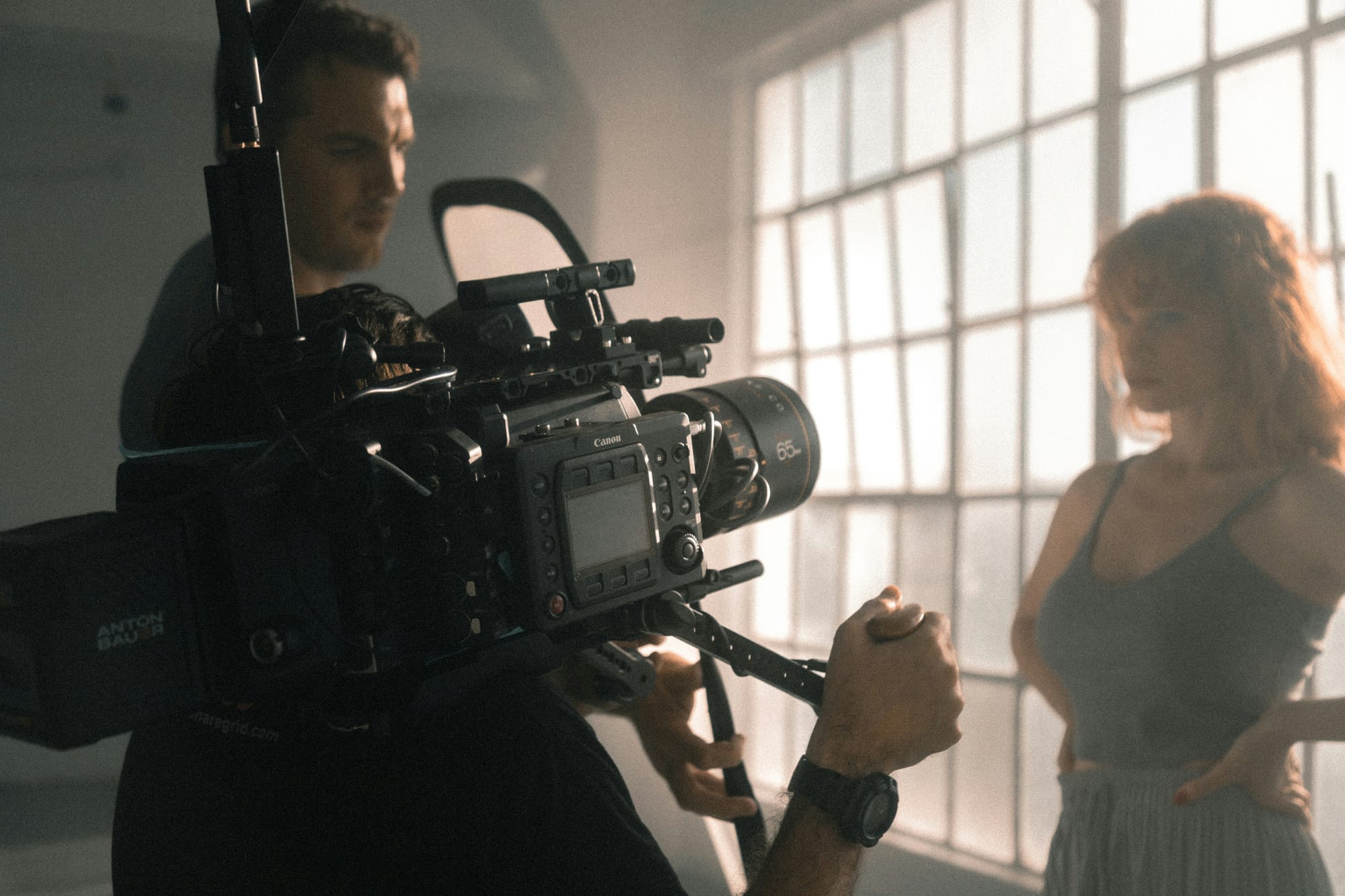Six of the biggest porn studios in the world, including industry giant and Pornhub parent company Ayl o, announced Wednesday they have formed a first-of-its-kind coalition called the Adult Studio Alliance (ASA). The alliance’s purpose is to “contribute to a safe, healthy, dignified, and respectful adult industry for performers,” the ASA told 404 Media.
“This alliance is intended to unite professionals creating adult content (from studios to crews to performers) under a common set of values and guidelines. In sharing our common standards, we hope to contribute to a safe, healthy, dignified, and respectful adult industry for performers,” a spokesperson for ASA told 404 Media in an email. “As a diverse group of studios producing a large volume and variety of adult content, we believe it’s key to promote best practices on all our scenes. We all come from different studios, but we share the belief that all performers are entitled to comfort and safety on set.”
The founding members include Aylo, Dorcel, ERIKALUST, Gamma Entertainment, Mile High Media and Ricky’s Room. Aylo owns some of the biggest platforms and porn studios in the industry, including Brazzers, Reality Kings, Digital Playground and more.

